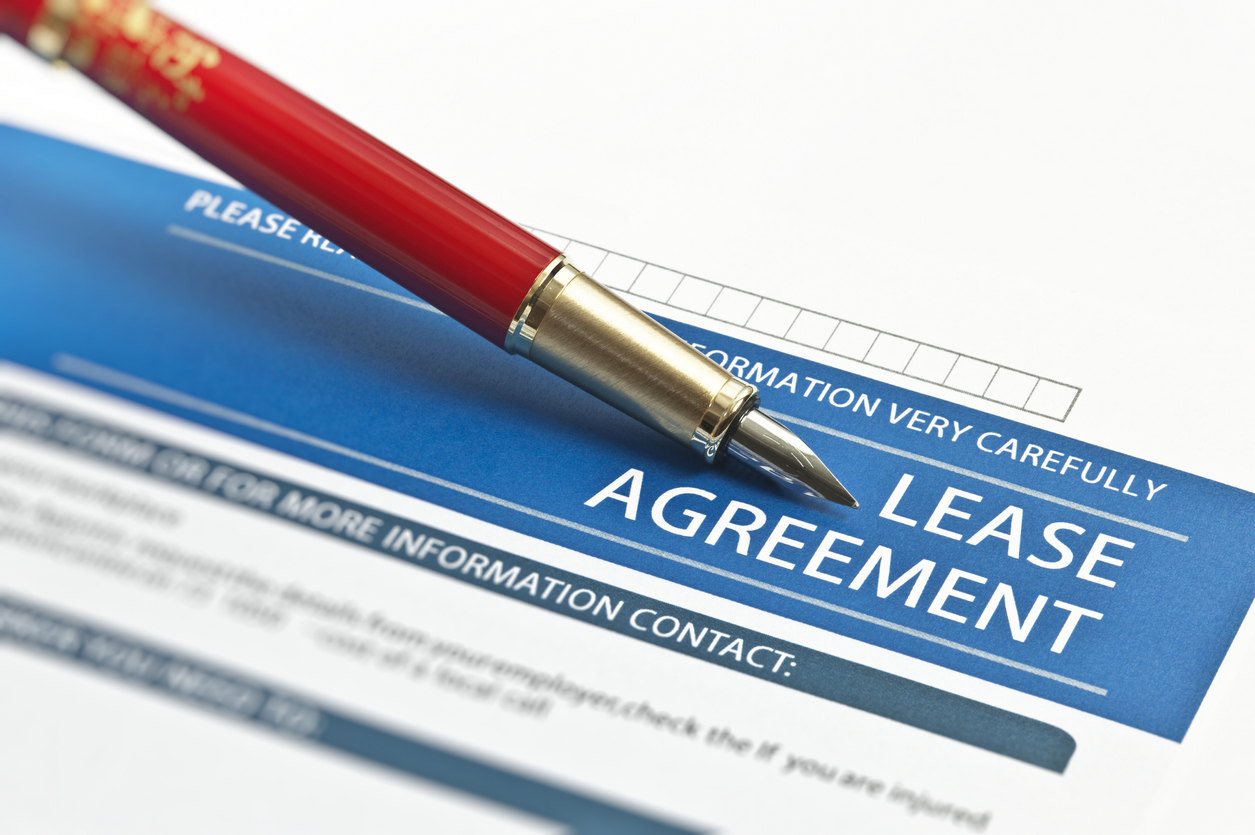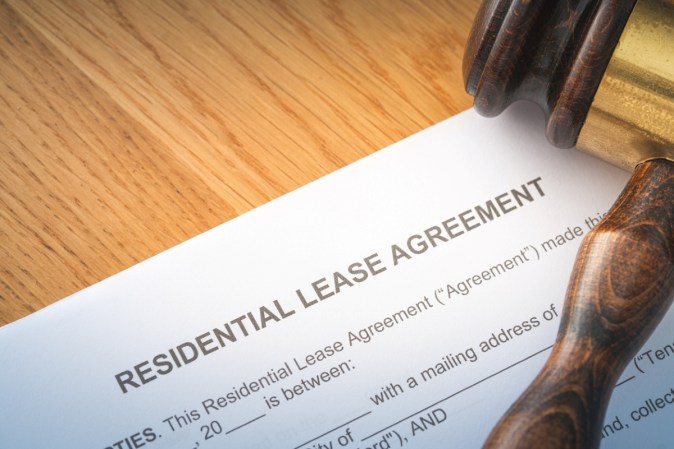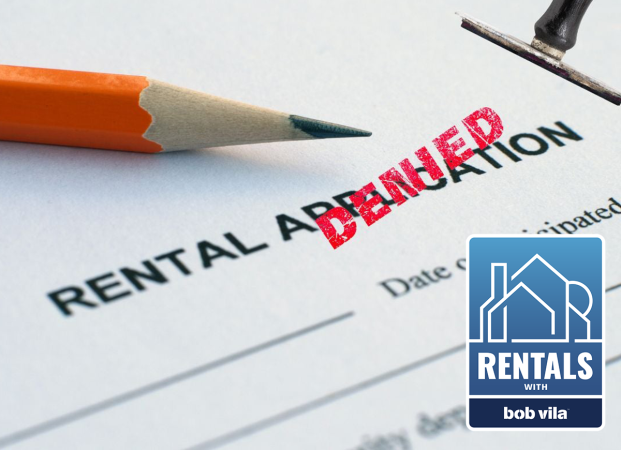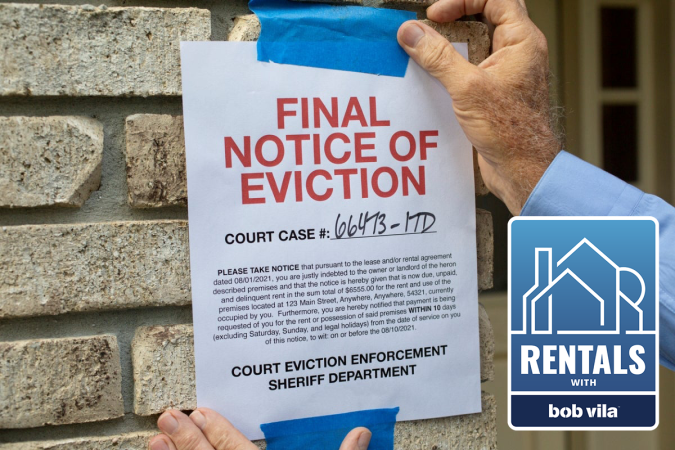We may earn revenue from the products available on this page and participate in affiliate programs. Learn More ›
Welcome to The State of Rentals with Bob Vila, a series dedicated to showing both landlords and tenants the crucial steps in finding the right property, potential challenges with renting, precautions to protect your interests, and ideas for making the most of your next move. We’ve included current market trends mixed with Bob’s tried-and-true advice, our vetted shopping guides, and the behind-the-scenes tips you need to make your rental a home.
When it comes to renting a property, it’s essential to know the types of agreements that should be in writing. While a handshake or verbal agreement might suffice in some cases, certain agreements require a written document to ensure both parties are on the same page and are protected in case of a discrepancy.
In this article, we’ll discuss the agreements that should be in writing and the instances when a verbal agreement is acceptable. It’s important to note that the laws governing landlord-tenant agreements can vary by state and locality. Although this article provides general advice, all renters should become familiar with their state’s specific laws and regulations.
RELATED: The Best Rental Listing Sites
General Lease Agreements

When a person readies to move into a rental property, several things are usually discussed between the landlord and the tenant. These agreements should be documented in writing to avoid misunderstandings or disputes down the line.
The first agreement that should be in writing is the lease agreement. A lease agreement outlines the terms of the tenancy, including the rent amount, lease term, security deposit, and any other rules or regulations that apply to the property. It is essential to read the lease agreement carefully and ask questions about any wording you don’t understand before signing it.
Any changes to the lease agreement should also be documented in writing. For example, if the landlord agrees to reduce the rent amount temporarily, a document should be created stating the terms of the rent reduction and the duration of the agreement.
Some states have specific laws related to oral lease agreements. For example, in California, any lease agreement with a term of 1 year or longer must be in writing. In other states, oral agreements may be legal when it comes to residential leases, but they can be difficult to enforce. Even if the state recognizes an oral rental agreement, the lack of a clear written agreement can ultimately cause problems for both the landlord and tenant down the line.
RELATED: Renters, Here’s How to Make Sure You Get Your Security Deposit Back
Move-In Condition Reports

Another agreement that should be in writing is the move-in condition report. This document outlines the property’s condition at the time a renter moves in, including any pre-existing damages or repairs that need to be made. Both the landlord and the tenant should sign this document to acknowledge its accuracy.
RELATED: Renters: What to Clean Before Move-In Day
Repair Agreements

As you live in the rental property, other agreements might come up that require a written document. For example, if the landlord agrees to make any repairs or upgrades to the property, this agreement should be documented in writing. Similarly, if the tenant agrees to maintain or repair any part of the property, the renter should ask that the landlord supply the agreement in writing.
RELATED: 10 Things You Should Never Do in a Rental Home
Move-Out Inspection Reports

Another document that should be in writing is the move-out inspection report. This document outlines the property’s condition at the time of move-out and is essential in determining the amount of the security deposit to be returned to the tenant. Similarly, the security deposit refund agreement should be in writing, outlining the terms of the security deposit refund, including any deductions made for damages or repairs.
RELATED: Moving Container vs. Truck Rental: Which One is Better for Moving?
Pet Allowances

One example of an agreement that can be made orally is permission to have pets on the property. It’s always best to get written permission, but some landlords may allow tenants to have pets on a case-by-case basis. In that event, an oral agreement can be made between the landlord and the tenant, outlining terms of the agreement such as the type and size of the pet allowed, the additional deposit required, and any specific rules or regulations related to pet ownership.
RELATED: Renters: What to Know About Pet-Friendly Apartments
Minor Repairs

Other examples of agreements that can be made orally include requests for minor repairs or maintenance, such as fixing a leaky faucet. These types of agreements typically do not require a written contract, and the landlord or tenant can make a verbal agreement outlining the terms of the repair or maintenance.
RELATED: 7 Practical Ways to Enhance Apartment Door Security When Renting
Final Advice

Some agreements can be made verbally when it comes to your rental property, but it’s always best to get nearly everything in writing to avoid misunderstandings or disputes down the line. Oral agreements can be challenging to enforce, since there is no written record of the agreement. If a dispute arises, it can be challenging to prove the terms of the agreement without a written contract.









